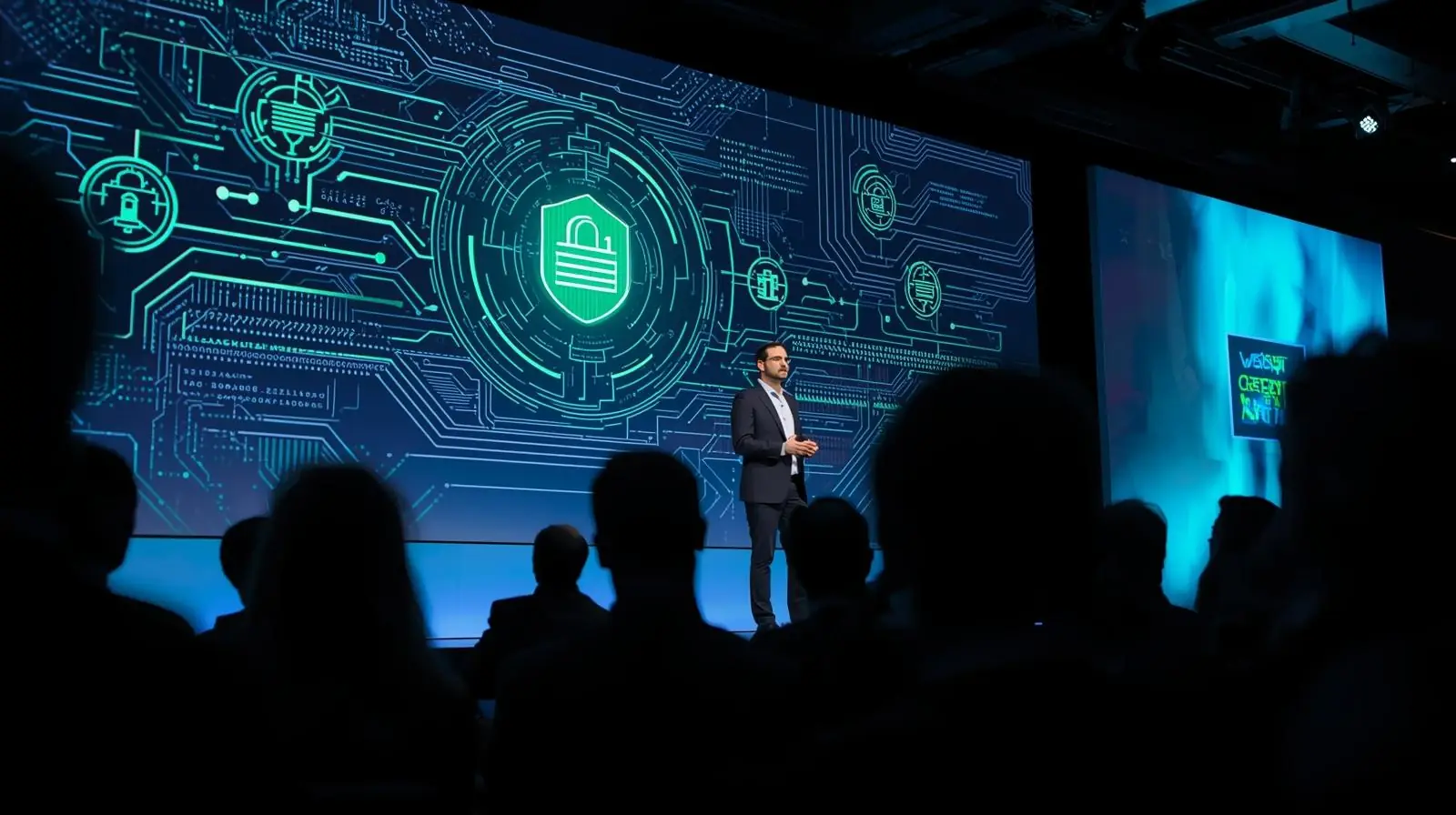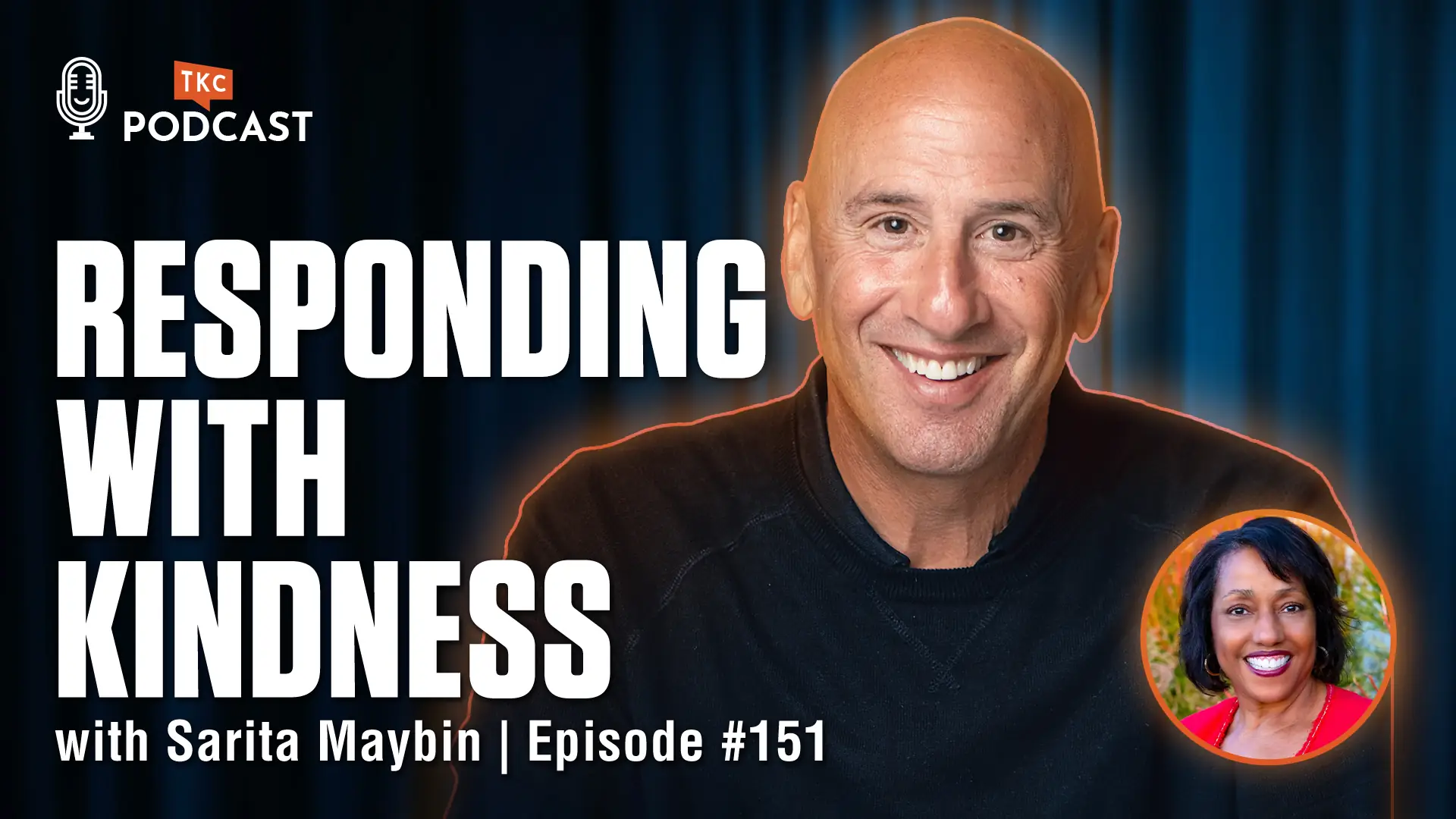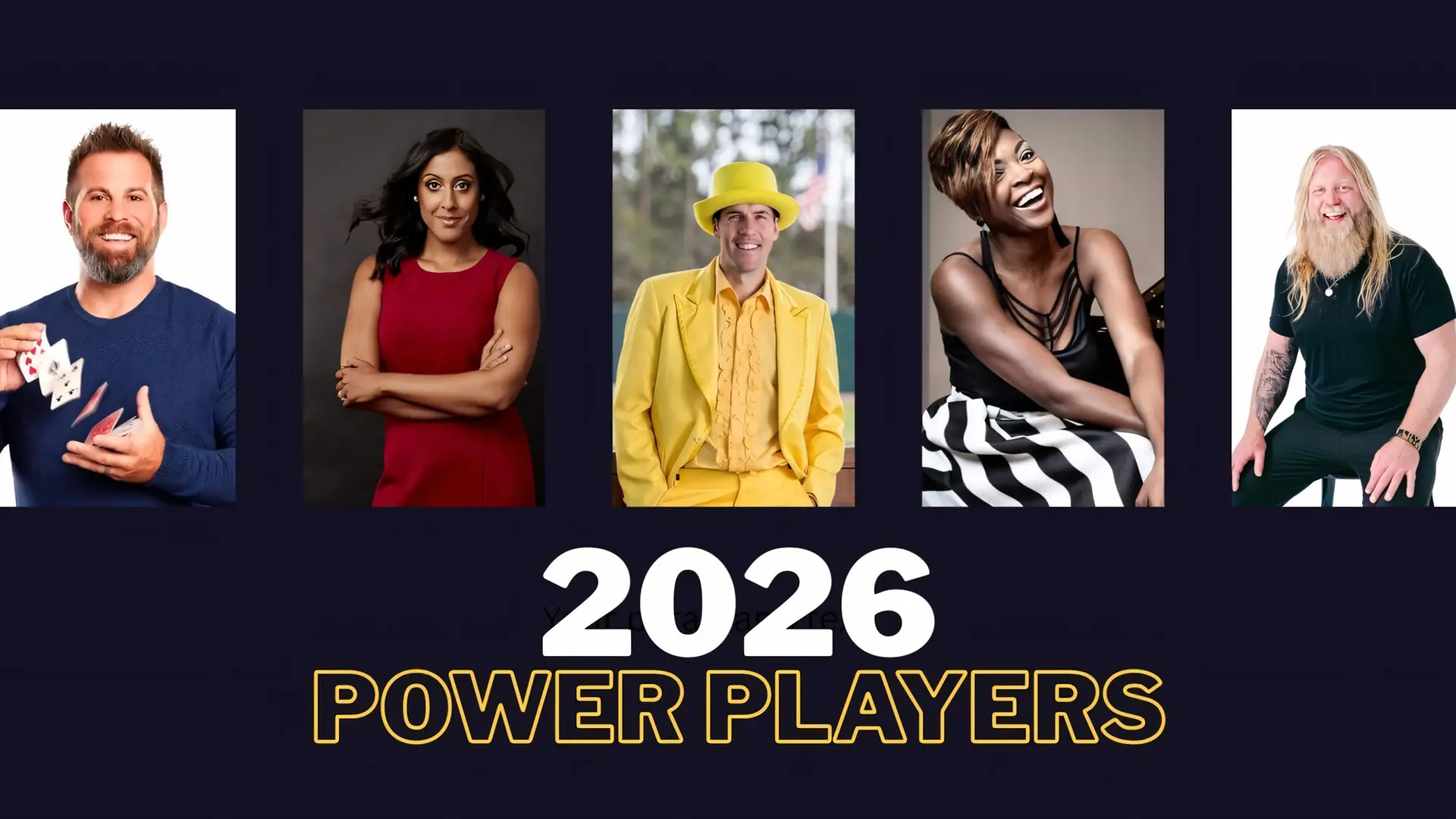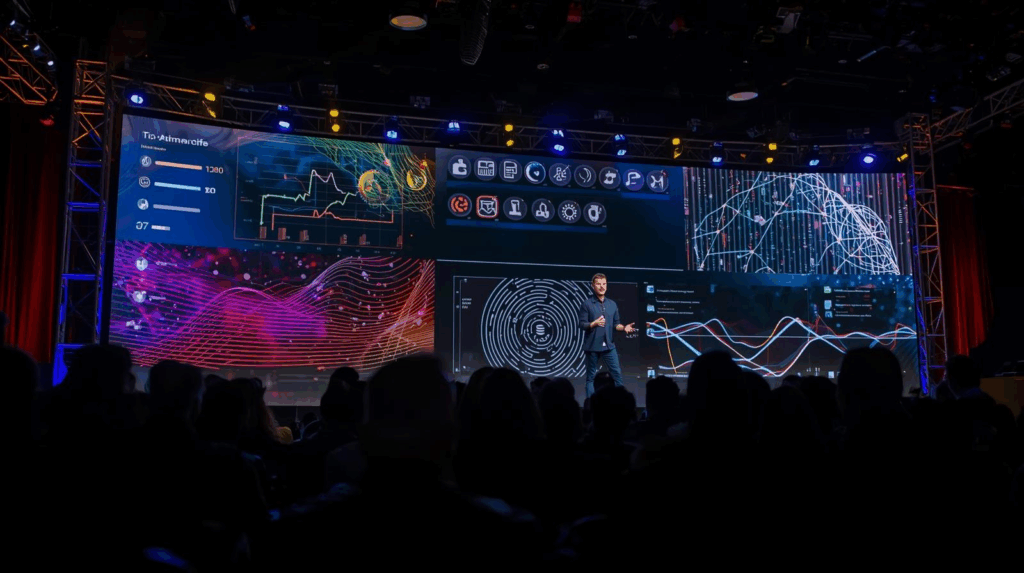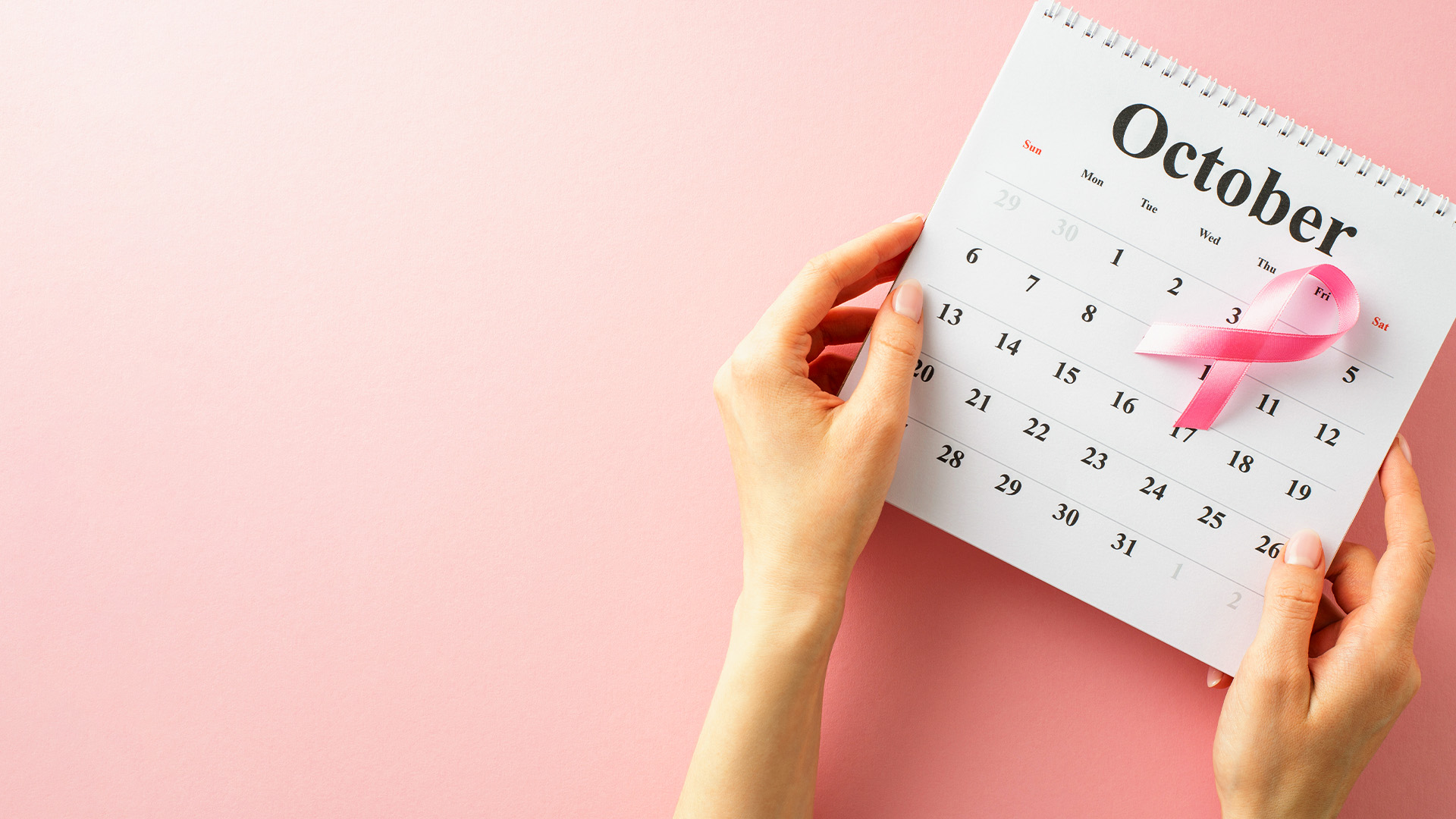
October 1, 2024Pink October: Breast Cancer Awareness and the Power of Healing Our Emotional Histories
As we celebrate Pink October, learn how emotional health connects to breast cancer and the power of healing our emotional histories.
Pink October: Understanding the Connection Between Emotional Health and Breast Cancer
This newsletter is brought to you by a member of The Keynote Curators team, for whom this topic holds personal meaning.
When I was diagnosed with stage 2 breast cancer two years ago, I remember thinking, How is this even possible? I had done everything right—eating healthy, exercising, breastfeeding, avoiding smoking and excessive drinking. What made it harder was that I was the first in my family (on both sides) to receive a cancer diagnosis, and DNA testing revealed I didn’t carry the breast cancer gene. This left me questioning whether there was something deeper that could explain it.
During an extensive surgical and emotional journey, I’ve explored research that not only focuses on the battle against this disease but also descends deep into how our emotional health is inextricably tied to our physical well-being. The journey to healing is often thought of as medical and physical, but what if part of that journey began much earlier, in the hidden stories we carry in our hearts and minds?
Today, that is where I believe my cancer journey began––in unexplored adverse experiences from childhood––and I hope that writing this newsletter will shed further light on the topic for any woman who once stood in my shoes or who faces a current diagnosis, for any man with breast cancer (while rare, it exists), or for anyone on this planet who cares deeply about the health of a loved one.
For many survivors like myself, the connection between emotional health and physical disease feels very real once you explore the science behind the research. During my journey, I discovered two remarkable books, Childhood Disrupted by Donna Jackson Nakazawa and The Body Keeps the Score by Dr. Bessel van der Kolk. Both explore an unsettling yet powerful truth: the emotional traumas we experience, particularly in childhood, can have lasting effects on our bodies, often manifesting later as chronic illnesses, including cancer. These books reveal how our emotional biography becomes our biology and how stress stored in our bodies leads to inflammation—the root cause of many diseases, including cancer.
In The Body Keeps the Score, Dr. van der Kolk goes even further, explaining how trauma rewires our brains and bodies.Our fight-or-flight systems are on high alert, and the resulting biochemical shifts can lead to disease. It’s like carrying an invisible weight that no amount of willpower can shed until the source is confronted.
This Pink October, I wish to raise awareness of the connection between emotional wounds and physical health to offer hope to those facing a breast cancer diagnosis. The more we understand this link, the more empowered we become to address it. Breast cancer, like many chronic diseases, is multifactorial. But one crucial piece of the puzzle is learning to heal from within.
When children or teens face chronic, unpredictable stress, it leaves long-lasting biological scars. Repeated exposure to stress hormones triggers epigenetic changes, disrupting the brain’s ability to turn off the stress response and keeping the body in a constant fight-or-flight state. As a result, even minor stressors later in life can lead to an overreaction and prolonged stress, causing inflammation and increasing the risk of diseases like cancer, heart disease, and autoimmune disorders. Research shows that children who’ve experienced early adversity exhibit changes in thousands of DNA sites, affecting their ability to cope with future stress. What’s most surprising is that the scope and frequency of childhood adversity don’t mean you’re less at risk. It all matters—every bit of it.
So, where do we start? Healing our emotional histories isn’t easy, but it is possible, and it’s a vital part of a comprehensive recovery plan. Here are a few practices that I, and many others, have found essential in healing both mind and body:
- Mindfulness: Being present with your thoughts and feelings helps bring buried emotions to the surface. It can help you tune into your body and recognize when you’re holding onto stress or tension.
- Therapy: Speaking to a therapist trained in trauma can help you process childhood experiences that may be silently affecting your health. Cognitive Behavioral Therapy (CBT) and other trauma-focused therapies work to heal emotional wounds at their core.
- Meditation: Regular meditation has been shown to reduce inflammation and improve mental clarity. It’s a way to calm a nervous system, which has been overactive for too long.
- Journaling: Writing about your thoughts, memories, and feelings can unlock emotions you didn’t even know existed. It gives your mind and body a safe outlet for expression.
- Open Communication with Your Physician: Often, we don’t discuss emotional trauma with our doctors, but we should. Your physician should know about your emotional history because it provides crucial context for your physical health. Holistic health is about addressing the full picture—mind, body, and spirit.
Breast cancer survivors are some of the most resilient people I know, and I proudly count myself in that category. But resilience doesn’t mean ignoring the pain—it means encountering it head-on, understanding its origins, and doing the deep work of healing. We need to support the fight against cancer and the healing of the whole person—body and soul.
As we honor Breast Cancer Awareness Month, I encourage you to explore insights from the above books and consider how your physical and emotional well-being are inextricably tied together. By engaging in open discussions and healing from our emotional pasts, we can enhance our overall health and find peace and strength along the way.
The Keynote Curators is a trusted partner and source of experts in mindfulness, mental health and wellness, and science—helping you and your audiences stay informed and empowered on the journey to well-being. Let’s explore opportunities together.
? Schedule here: https://calendly.com/thekeynotecurators/60-minute-meeting-the-keynote-curators
? Contact us: info@thekeynotecurators.com
Discover More Insights
Get in TouchContact US
Fill out the form so we can best understand your needs.
A representative from The Keynote Curators will reach out to you.



